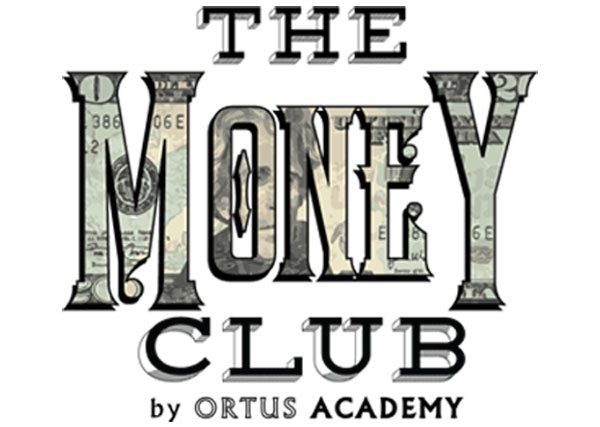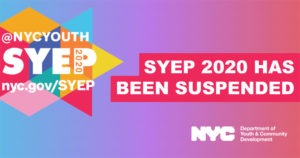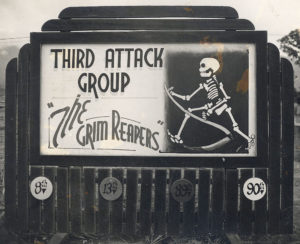 December 20, 2017; Technical.ly Baltimore
December 20, 2017; Technical.ly Baltimore
Seeking to teach students in East Baltimore, Maryland, Aaron Velky, cofounder of the nonprofit Ortus Academy, found that conventional strategies of teaching math weren’t working. So, instead, reports Stephen Babcock for Technical.ly Baltimore, Velky and his collaborators substituted numbers with money and sought to approach math lessons like a game.
From its origins as a pilot program in April 2016, Ortus Academy is now a nonprofit working with students in grades 5 through 12. To date, Babcock reports, “Velky and the team have run about 10 programs in schools, reaching more than 300 students. In 2018, Ortus is getting set for pilots outside of Baltimore in Reading, Pennsylvania, and Seattle.”
Central to Ortus’ approach is a financial literacy game called NumisMatters. The goal of the game, Ortus indicates, is “to put money in the hands of youth, and give them an experience of real-life financial decision making, consequences, and lessons.” In the game, the participating students are first “hired.” Then, over five rounds meant to simulate a five-year period, students “earn a salary, are charged living expenses, and then are given opportunities to make a wide variety of decisions.”
The curriculum is offered to schools in three different packets: 1) a basic version where students only play the game; 2) a version with one gameplay session and two follow-up lessons on smart financial decision-making; and 3) a more extended version, called “Money Club” that involves a total of ten sessions (two game sessions and eight learning sessions), which is designed to provide more intensive financial literacy education.
As Ortus explains,
Sign up for our free newsletters
Subscribe to NPQ's newsletters to have our top stories delivered directly to your inbox.
By signing up, you agree to our privacy policy and terms of use, and to receive messages from NPQ and our partners.
All of our sessions are run in an open space with tables arranged around the room. Led by volunteers, students move and rotate through the tables independently.
At each table, we place a tablet, loaded with an app (software) that we developed to help track and log decisions, and to sync with each other. Decisions made at one table—for example, investments—may impact someone’s rent, and our app keeps volunteers from having to work to manage student changes. Volunteers are taught how to run the app and manage their table on site, in about a five-minute tutorial, and are instructed to respond to questions with follow-up questions, encouraging students to think critically and problem solve without assistance. Each round (“year”) in NumisMatters, students earn income, save and earn interest at a bank, manage a random life event (positive or negative cash flow), pay rent (or a mortgage), pay bills, invest in property or education, and can play the lottery.
Ortus adds, “Students are encouraged, through the gameplay, to look at their future and make decisions that elevate their wealth and opportunity continuously. Simultaneously, we tempt them with such enticements as playing the lottery; where a perceived quick fix can be purchased at a nominal fee. Throughout the game students keep track of their decisions and write a narrative of what has occurred. This journaling of their activities facilitates critical thinking and understanding of important concepts. At the end of each game, we offer prize money to the 1st and 2nd place students.”
The programs are typically held after school. Sessions last 75 minutes each and are run by Ortus staff and teams of volunteers drawn from area colleges.
One student at the Baltimore School for the Arts says, “I like the probability aspects of it and how your decisions have consequences, good or bad. I think it enforces good choice-making and it’s a good way to make people enthusiastic about life choices and handling finances.”
Recently, Ortus joined Towson University’s Incubator program. Towson’s incubator focuses on support of education technology startups. Ortus has also teamed with a Baltimore company called OnTrajectory with the idea of potentially scaling the curriculum by converting the in-person simulation into one that could be run on a computer platform.—Steve Dubb












